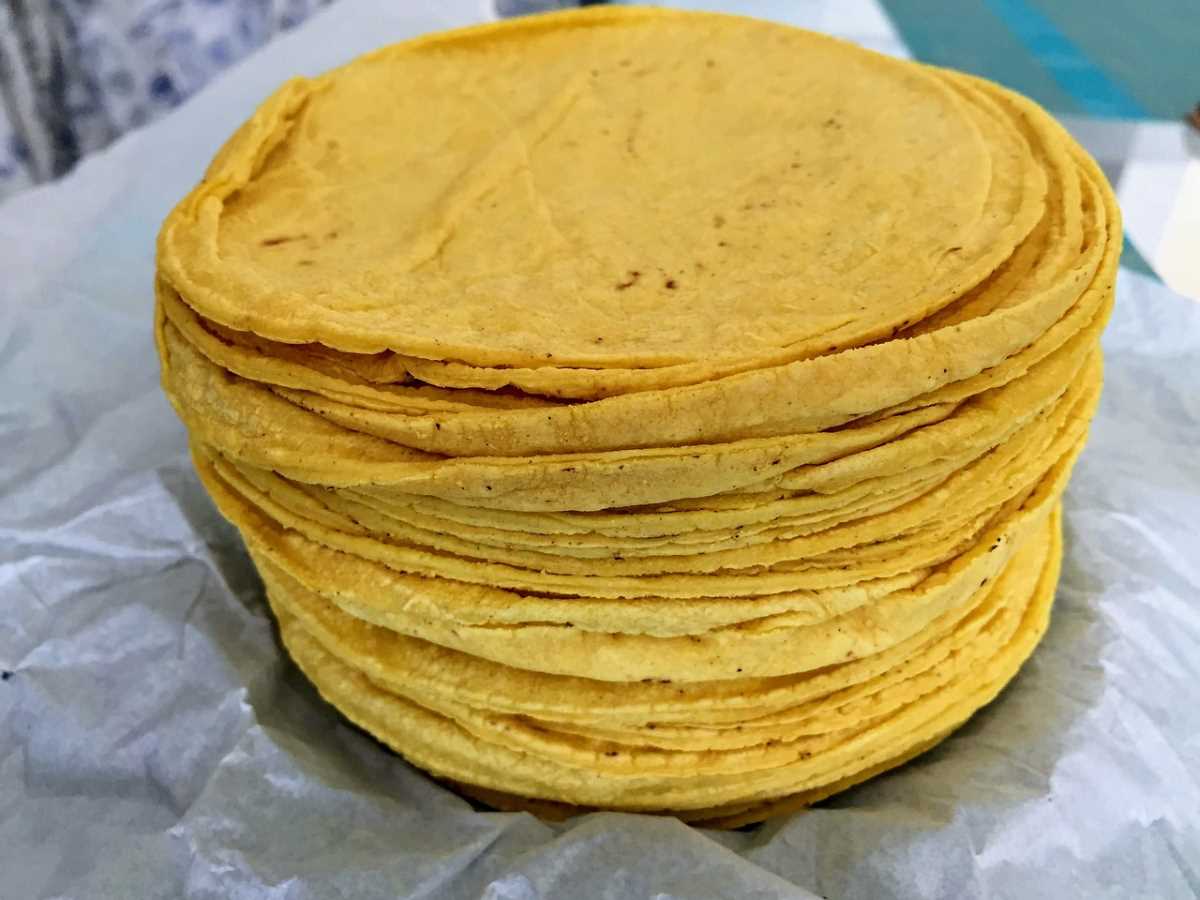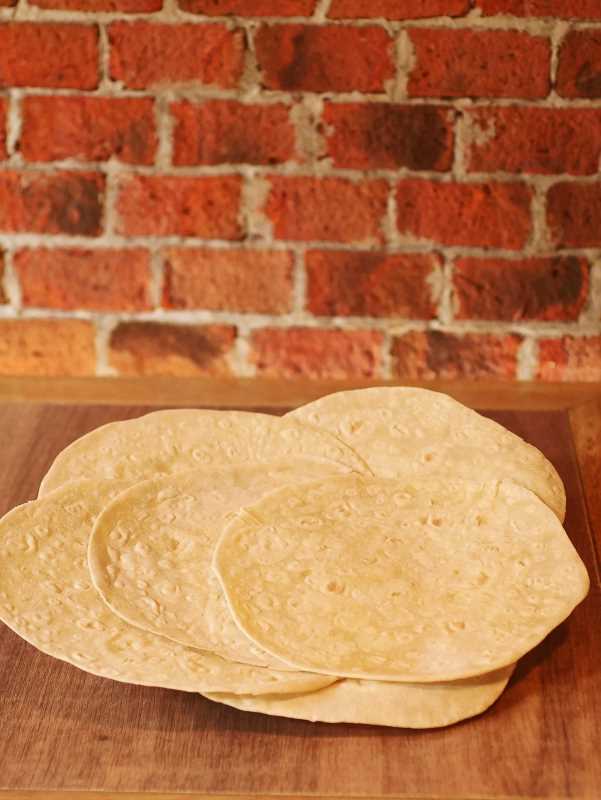How Ayocote and Quelites Jazz Up the Beloved Tortilla
Unlocking the nutritional potential of ancient crops! Mexican researchers integrate ayocote beans and quelites into the beloved tortilla, creating functional foods that nourish and promote health. A promising step towards a healthier future.

Maize, an ancient crop with deep roots in Mexico's history, has been a significant contributor to global agriculture for thousands of years. This versatile grain forms the cornerstone of the Mexican diet, with tortillas being a traditional and essential product consumed across all social strata. However, as we progress into the 21st century, there is a growing realization of the need to enhance the nutritional quality of our staple foods.
To address this concern, scientists, and researchers from the Delicias Regional Coordination (Chihuahua) of the Food and Development Research Center (CIAD) have embarked on a groundbreaking journey to unlock the potential of underutilized species like the ayocote bean and quelites. They will integrate them into the ubiquitous corn tortilla, creating functional food that not only nourishes but also promotes better health.
The Power of Maize
Maize has been an inseparable part of Mexican culture and cuisine for millennia. With a staggering global production of 1.217 billion tonnes during 2021-2022, Mexico ranks among the top ten nations in maize production, generating 26.76 million tonnes. Its economic significance is matched by its nutritional value, as it provides over 50% of the daily caloric intake for the most economically vulnerable sections of the population. The diversity of maize-based products, ranging from oil to popcorn, syrup, and tamales, showcases its versatility and importance in daily life.
Tortillas hold a cherished place in the Mexican diet, with per-person consumption reaching up to 75 kg annually. These flatbreads are more than just a staple; they offer substantial nutritional benefits. In fact, tortillas provide 38.8% of protein and 49.1% of calcium, contributing 45.2% of daily calorie intake. For those in rural areas, the protein, and calcium levels can be even higher, reaching 70% and 50%, respectively. As a widely accessible food, tortillas serve as an ideal platform for introducing functional ingredients that enhance the national diet's nutritional quality and promote consumer well-being.
Ayocote Bean and Quelites
Among the lesser-known yet highly nutritious species are the ayocote bean (Phaseolus coccineus) and quelites, both integral to the traditional Mesoamerican diet. Ayocote beans, cultivated in Puebla, Oaxaca, and Chiapas, boast a rich nutritional composition, containing protein (16-25%), fiber (5.4%), and minerals and carbohydrates (60%). Additionally, ayocote beans offer functional ingredients like anthocyanins, flavonoids, and phenolic acids, which contribute positively to consumers' health.
Quelites, a diverse group of native wild plants, are equally promising. With their versatile content of phytochemicals and nutrients, including protein (2.7-44.2%), fiber (up to 22.7%), ash (13%), and carbohydrates (56.8%), quelites provide a valuable source of nutrition.

Functional Tortillas
Recognizing the untapped potential of ayocote and quelites, the Delicias Regional Coordination (Chihuahua) of the Food and Development Research Center (CIAD) has taken the lead in exploring their use in functional foods. These functional foods aim to go beyond simple nourishment and offer health benefits to consumers. Under the research line “Revaluation of underutilized plant species and agro-industrial waste for the extraction of bioactive compounds with nutritional and energy applications,” CIAD's Biotechnology and Bioengineering Laboratory (LBB) investigates the possibilities.
With initial findings showing remarkable improvements, researcher Edwin Rojo Gutiérrez from CIAD has created a functional tortilla by incorporating ayocote and quelite flours into the traditional corn tortilla recipe. The functional tortilla formulation exhibits substantially higher macronutrient content, particularly in fiber and protein, while also reducing caloric intake by 12% compared to conventional tortillas.
Looking Ahead
While the research is ongoing, there is optimism that the functionalized tortilla will possess higher levels of bioactive compounds, potentially conferring antioxidant capacity and other health benefits. Furthermore, sensory tests will determine the acceptance of these nutritious tortillas, further enhancing their appeal.
By unveiling the potential of ayocote and quelite flours as bioactive ingredients for functional tortillas, this research aims to promote the consumption and preservation of these ancestral plant species. Moreover, the widespread popularity of tortillas makes them an effective tool in combating malnutrition, offering a highly viable alternative to enrich the basic food basket in Mexico.
As we journey towards a healthier and more sustainable future, embracing the nutritional potential of ancient crops like ayocote beans and quelites becomes crucial. The fusion of these traditional ingredients with the beloved tortilla presents an exciting opportunity to create functional foods that nourish both the body and soul. By combining cutting-edge research with culinary heritage, we can pave the way for a brighter, more nutritious future for all.




